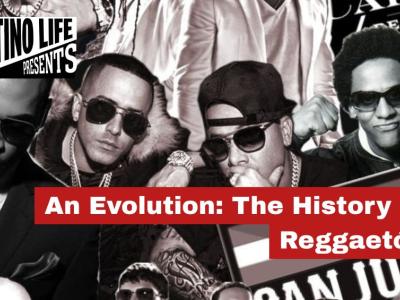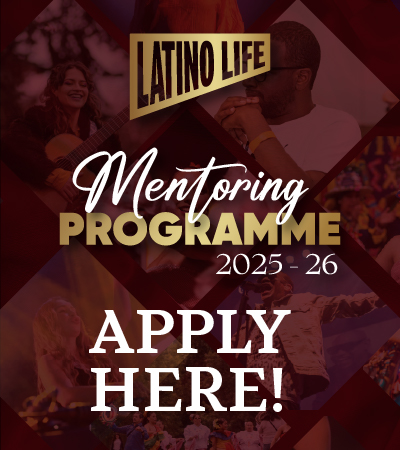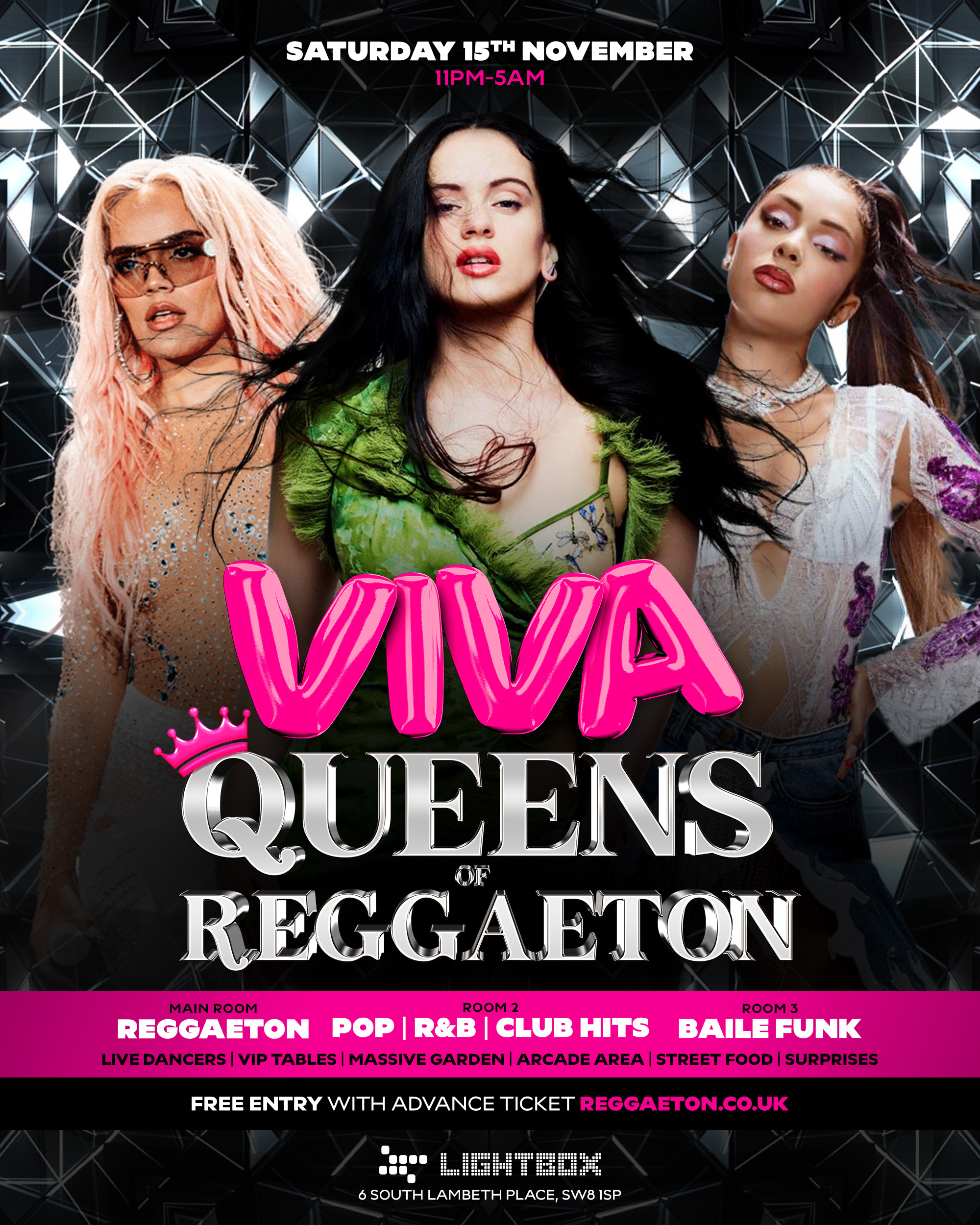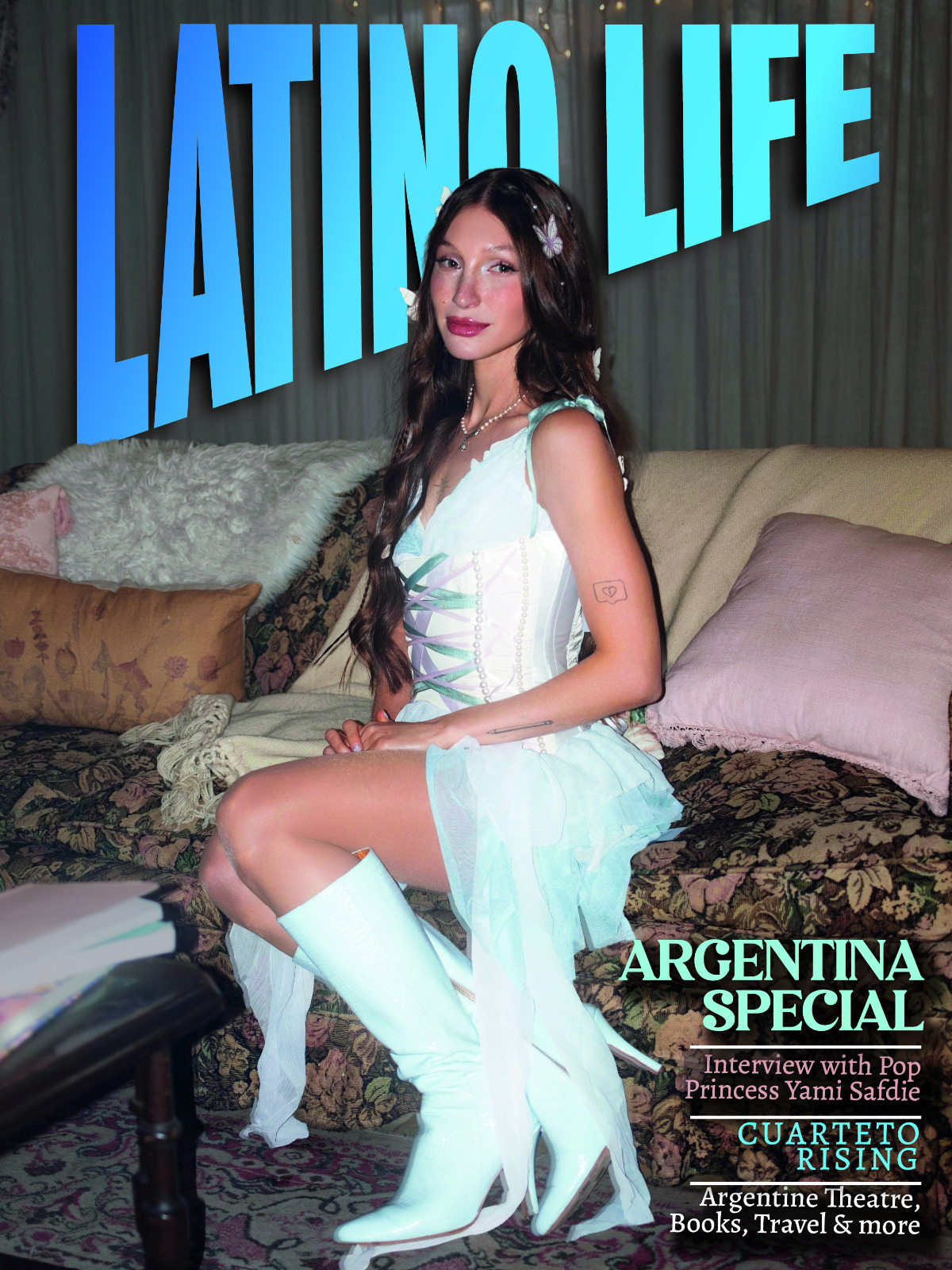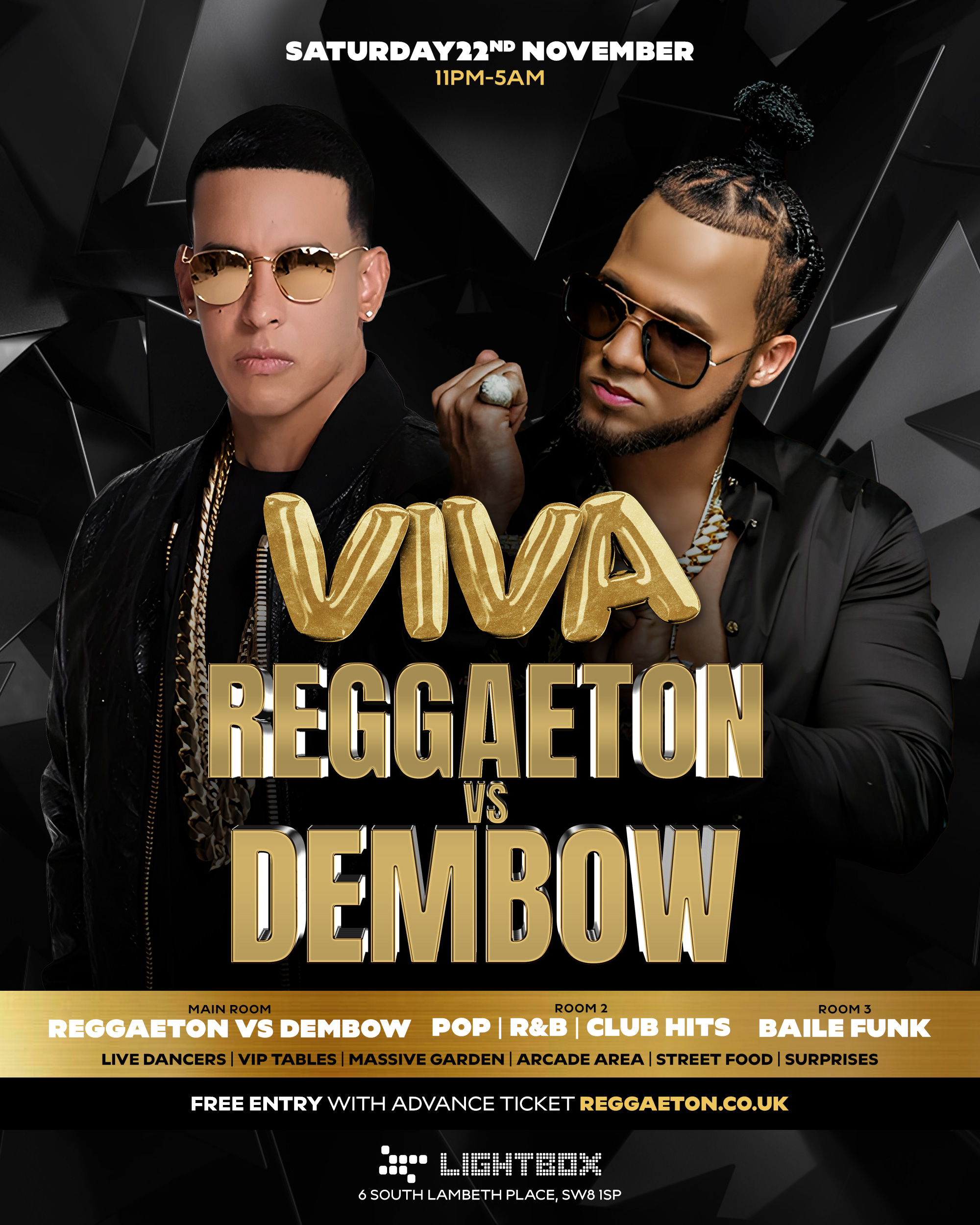Every November, as Brazil celebrates Black Consciousness Month, the name Adriana Barbosa gains renewed resonance. Adriana embodies a generation that has transformed resistance into creation and opened paths for a new economy founded on ancestry, community, and innovation.
It was with this vision that, in 2002, she founded Feira Preta. What began as a small gathering of Black entrepreneurs and artists has become a living ecosystem that gives visibility, voice, and economic power to those historically excluded from mainstream markets. Through initiatives such as the PretaHub and the AfroHub, Adriana’s work continues to expand, reshaping what is known as the Black economy in Brazil and beyond.
More than a festival, the Feira Preta movement connects identity, creativity, and sustainable development, revealing how the Brazilian creative economy is one of the most powerful engines for social transformation in the Global South. Over 12,000 Black entrepreneurs have been trained through its programmes, and more than 30 million reais have circulated within the Black economy — proof that when culture and innovation walk together, new models of collective prosperity emerge.
Adriana Barbosa’s journey reminds us that Black entrepreneurship is not only an economic act but also one of healing and historical reconstruction. Her legacy continues to inspire Brazil — and the world — to rethink the value of creativity, the importance of representation, and the power of creating what does not yet exist.
Who is Adriana Barbosa – and what drives you?
I am a Black Brazilian woman who grew up within a matriarchal family, surrounded by grandmothers, mothers and aunts who were protagonists in our daily survival, community and care. They created economic alternatives. The women in my family taught me early on that true value lies in collectivity, collaboration, and the ability to turn resistance into creation.
What drove me was the need to exist fully and to open spaces for those who had never been invited. Today, as the founder of Feira Preta, PretaHub and AfroHub, I continue with the mission of transforming inequality into power, building platforms where Black people can see themselves and thrive, and showing that our knowledge forms the grammar of the future.
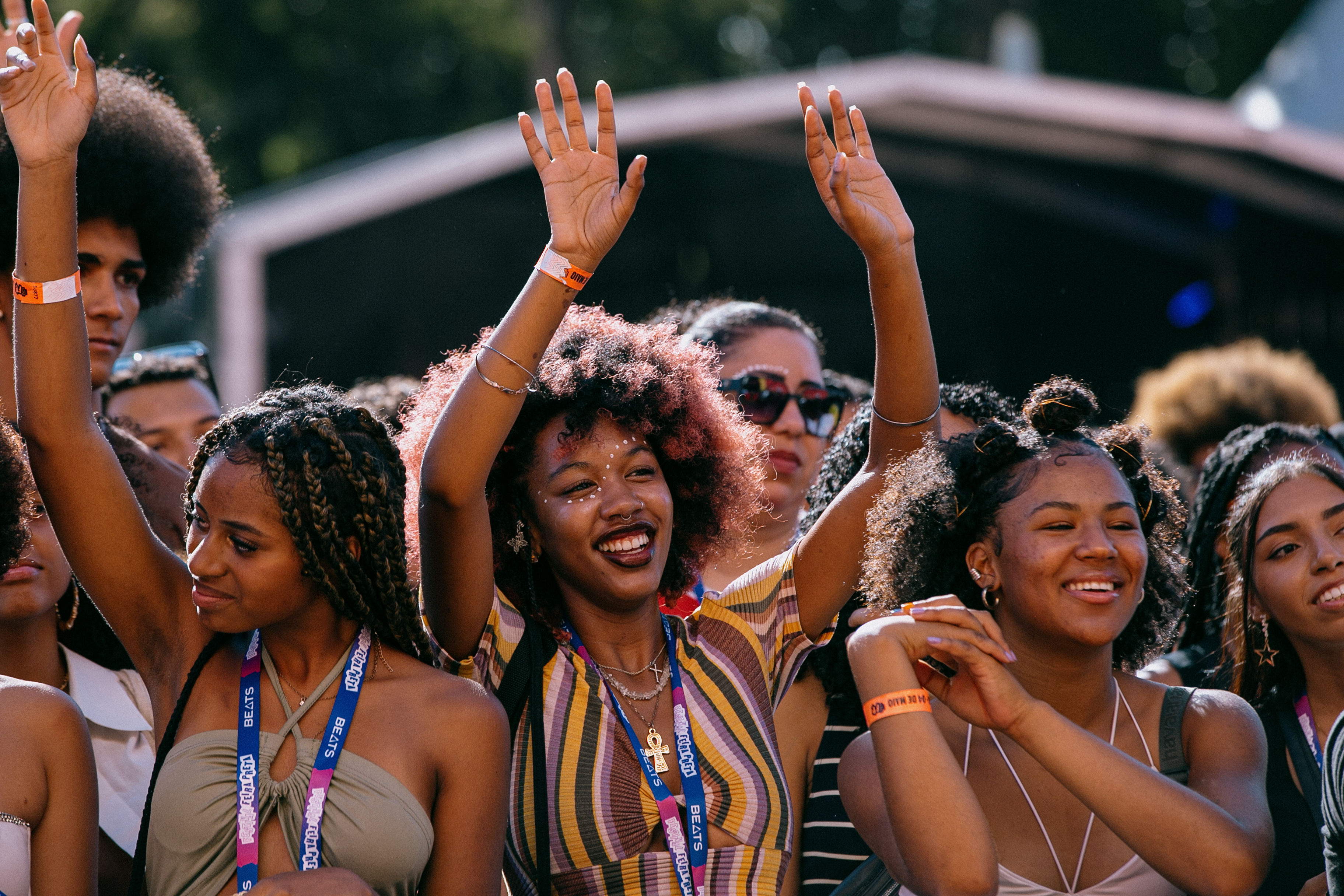
Feira Preta was born more than two decades ago and is now an international reference. What was your dream at that moment?
When I launched Feira Preta in 2002, there was already a vibrant movement in technology, design, health, beauty, fashion, art, and Black music. Yet, there were few events that recognised the Black population as protagonists of market, consumption, and culture — not merely as its audience. I was not trying to “copy” international models; I was inspired by what did not yet exist but needed to.
Seeing Black women running informal businesses, taking my own first steps at street fairs, and realising that the money generated by Afro-consumption rarely circulated within our communities — I decided to create a space where Black producers could exhibit, sell, connect, and be recognised.
Today, Feira Preta is part of a much larger ecosystem, but its root remains the same: to give visibility and value to Black creativity.
In Brazil, faith plays a significant role in the lives of Black people. Do you consider yourself a spiritual person?
Yes, I consider myself a spiritual person, deeply connected to African diasporic religions and Brazilian syncretism — not only in the traditional sense of faith, but in the connection with ancestry. I recognise that my grandmothers, great-grandmothers, mothers, and aunts carried knowledge, practices, and narratives that sustained me.
The women in my past found creative ways to survive. That living spirituality gave me strength during moments of uncertainty, when resources were scarce, when rejections were many, when fatigue pressed in. Faith, community and belonging were the values that allowed me to keep going. And today, when I look at the ecosystem we’ve built, I can see that spirituality — understood as respect for ancestry, collectivity, and purpose — is in the DNA of this entire work.
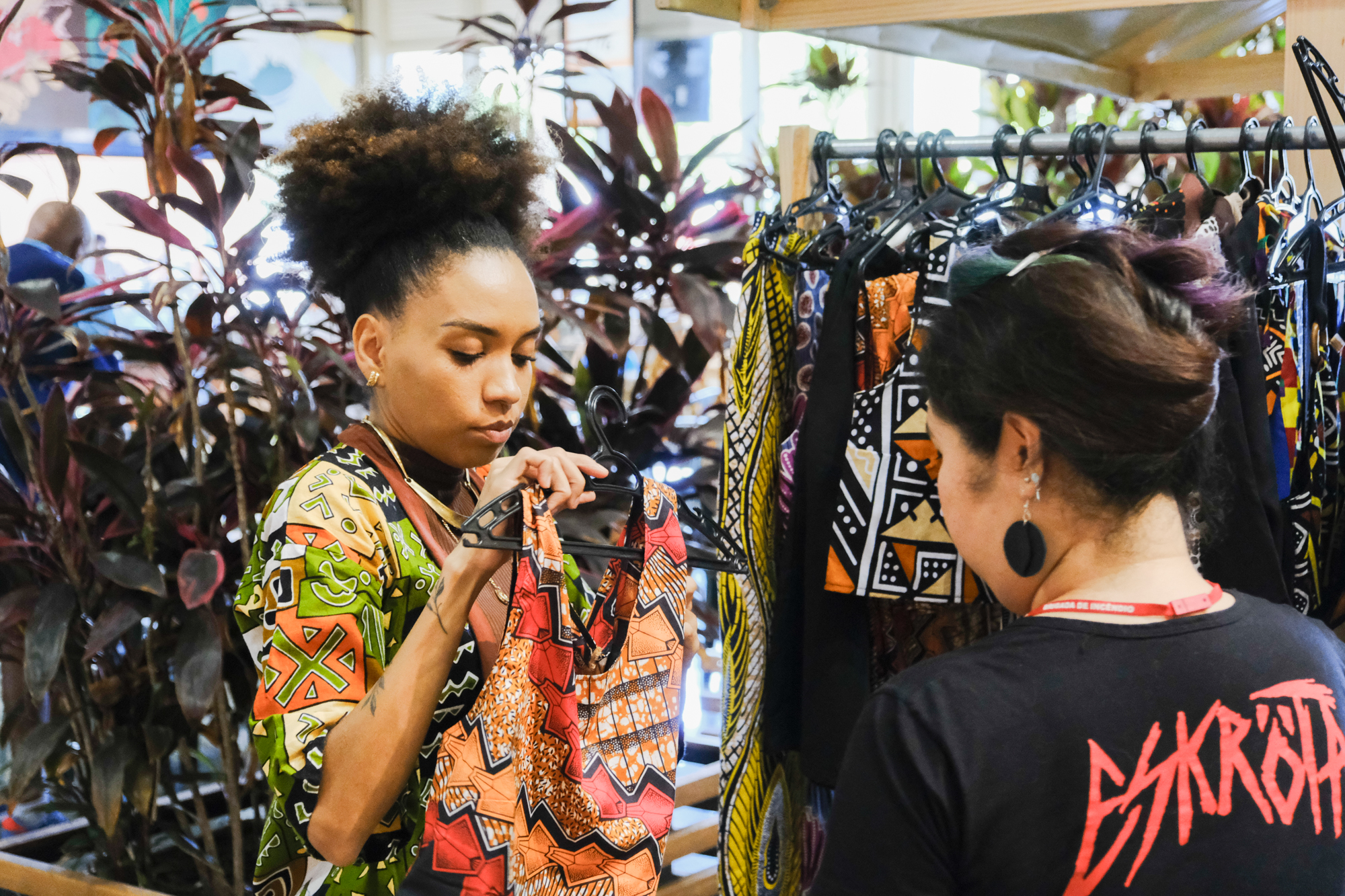
Over the years, your personal dream has become a global platform that uplifts thousands of people. How has your definition of success evolved?
For me, success is not just about reaching numbers or recognition — it’s about seeing Black people prosper, gaining access to credit, networks and markets, expanding their businesses, and building self-esteem. It’s realising that a dream which began humbly, as a street vendor, has become a global platform with tangible impact.
At the beginning, I had the support of the women in my family, friends, and those who believed despite the risks. But I also faced lack of resources, and invisibility. That made every achievement a collective one — success was not only mine, but also for those who were part of the network we were building.
The Global North often embraces the aesthetics of Black cultures while overlooking their social and economic structures. What do you believe remains misunderstood about the Brazilian experience in this context?
The Feira Preta ecosystem and its programmes are living laboratories of a new economy: one that sees Black culture as an asset, creativity as value, and ancestry as innovation. We are building narratives and models of sustainable development grounded in cultural authenticity and economic viability.
The challenge of implementing them in Brazil lies in the fact that we still operate within a system that has historically excluded us as economic agents, invisibilised our leadership, and failed to create adequate policies or investments for these narratives. We need recognition, capital, and networks — and it is precisely for this reason that we insist, overcome barriers, and create what did not exist.
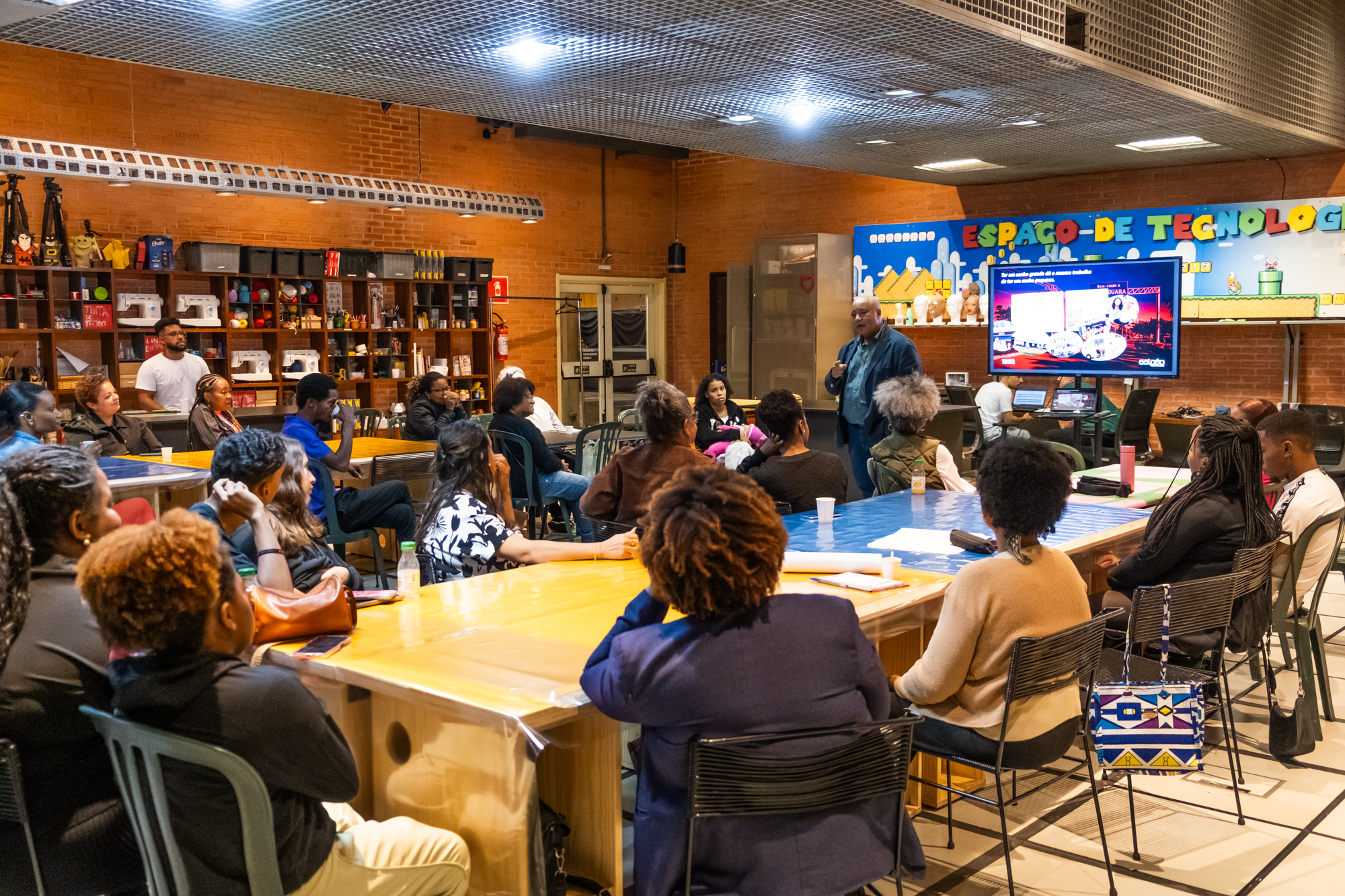
What tangible outcomes show how Feira Preta has impacted the lives of Black entrepreneurs and their communities?
In just the past three years, the Feira Preta ecosystem has invested R$4 million in Black-owned businesses in areas such as technology, fashion, and gastronomy, helping entrepreneurs move from survival work to strategic growth and value creation.The impact goes beyond financial outcomes — it is also symbolic and psychological: strengthening racial literacy, self-esteem, networks, and belonging, which reverberate across communities and redefine what is possible.
Many people still don’t fully understand what “Black economy” means. How would you explain this concept in simple terms?
The Black economy is the sum of the practices, knowledge, strategies of survival, creation, and prosperity of Black people — especially the ways in which Black women mobilise resources, networks, culture, aesthetics, and ancestry. It is not limited to consumption, but to the creation of value through Black identity — in fashion, art, technology, aesthetics, and production networks.
It is a tool for social transformation because it puts resources in the hands of those historically left at the margins, breaks cycles of invisibility, and circulates wealth within Black communities, generating autonomy, dignity, and belonging. I often highlight the idea of Afro-consumption in Brazil — the fact that Black money circulates, but rarely stays within Black communities. The Black economy changes that dynamic.
You often say that money is also about self-esteem. What does that idea mean to you?
When I say that “money is also self-esteem,” I mean that access to resources, credit, markets, and visibility gives Black people the conviction that they belong, that their work has value, and that they can care for themselves and their communities.
For too long, the market taught us how to survive, not how to prosper. This statement is a call for reclamation — we deserve not only to exist, but to thrive, grow, and multiply. Money becomes a symbol of autonomy, possibility, and belonging.
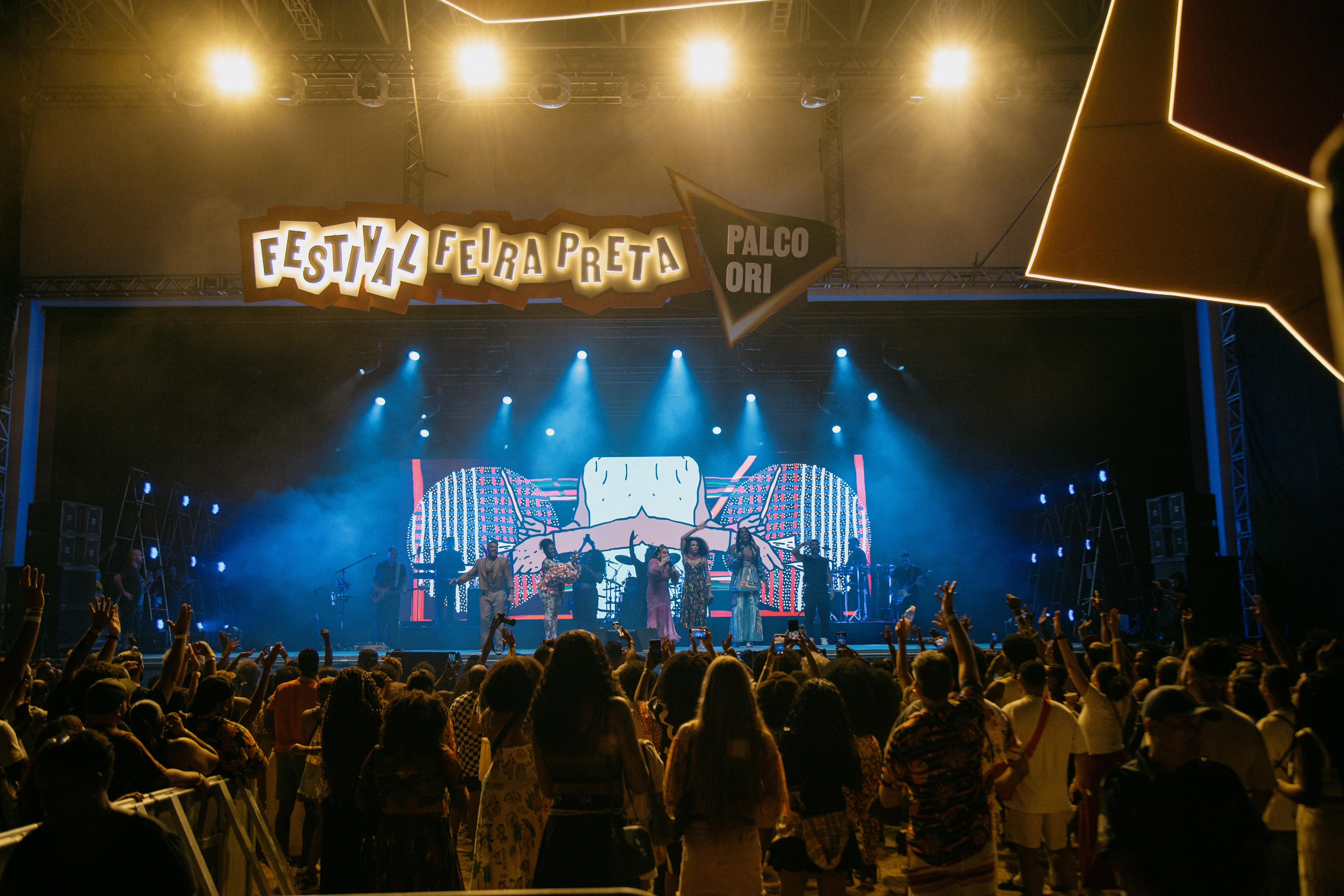
Do you believe that the Feira Preta model could be replicated in London or other parts of the world? What would be essential to make it work in different cultural contexts?
I believe that the Feira Preta model is highly replicable in London, which has a vibrant African, Caribbean, and Latin diaspora. What matters is adapting to local specificities — but the driving force remains the same: creating platforms for visibility, access, and networking among Black entrepreneurs, celebrating Black culture, and activating economic movement.
London, with its multicultural ecosystem, can embrace this proposal. The essence is universal: Black excellence is global. At the same time, I understand that every locality has its own dynamics — and adaptation is part of the strategy.
You’ve been working to reposition Brazilian entrepreneurship around the world, yet most Brazilians don’t speak other languages. What role does learning new languages play in the global Black economy? And do you intend to take an active role in that area?
Learning other languages plays two strategic roles: first, it opens doors to international dialogue, connections, and markets beyond Brazil; second, it allows our stories to circulate without depending on translation or mediation.
Working within the global Black economy requires linguistic, cultural, and market fluency. Yes, I intend to act on that front — to take the Feira Preta/PretaHub ecosystem beyond borders, connecting with Africa, Latin America, and Europe. Part of that mission involves mastering multiple languages and codes.
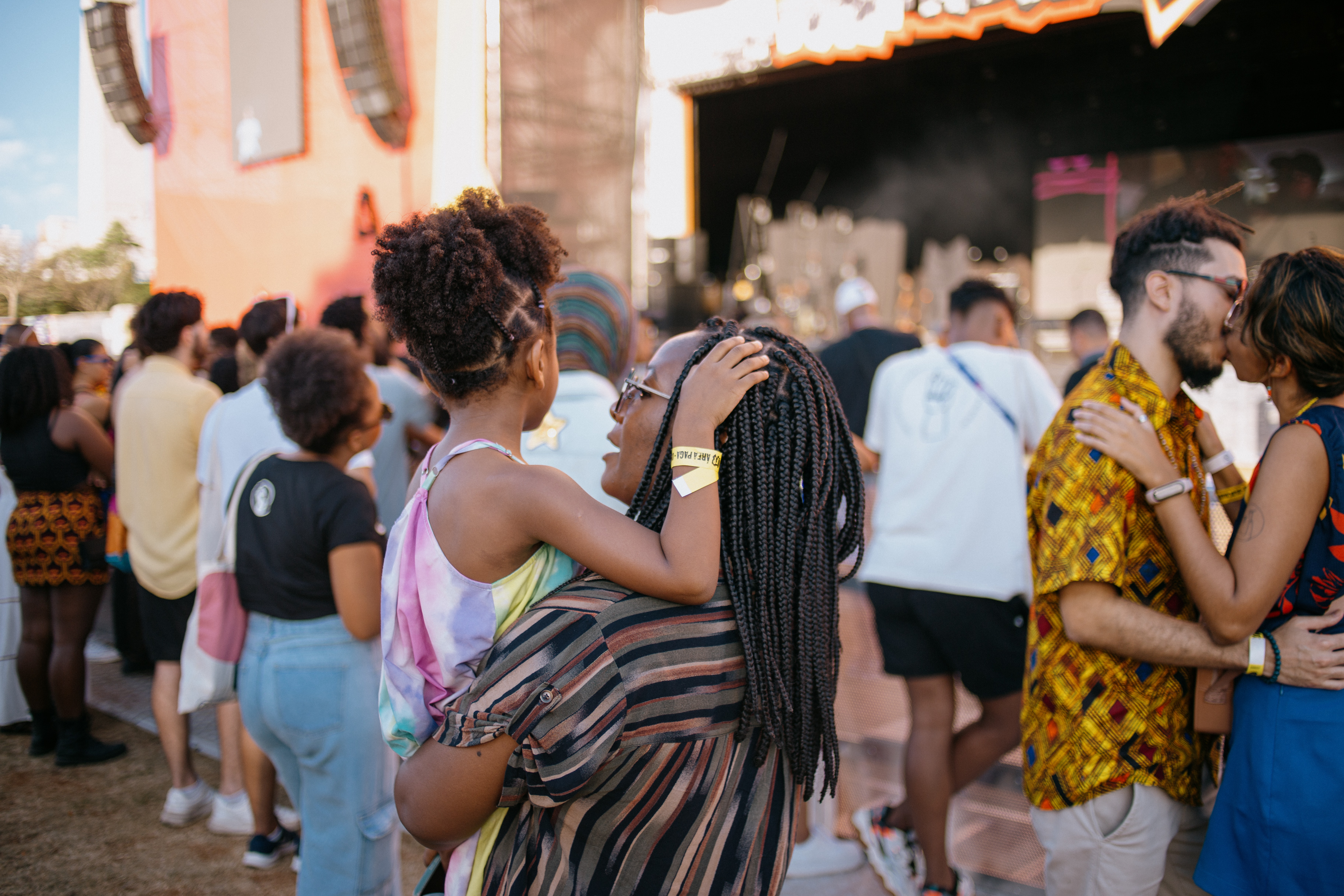
Feira Preta was born at a time when few believed it was possible to create a project like yours — and today it’s a global reference. What do you think is society’s role in building initiatives that don’t yet exist, that may seem utopian at first?
There is no ready-made formula — only courage and purpose. Creating what does not yet exist means believing when no one else believes. And when no one believes, it’s time to remember why you started: to look at the problem you want to solve, gather your network, mobilise your visible and invisible resources — symbolic, ancestral — and persist.
My journey shows that a small dream of selling at street fairs can become an international platform if we maintain faith, strategy, and community.
What advice would you give to young artists and creatives in London who face the challenges you encountered. And how can ordinary citizens support local businesses and artists so that these collective dreams can keep standing strong?
Challenges can become creative power. To every Black artist or entrepreneur starting out in London, my message is this: do not shrink in the face of rejection. Each “no” can be transformed into an opportunity to reinvent your path. Cultivate your identity, build your network, recognise your worth. And remember: you are part of constructing another possible world — one that is fairer, more diverse, and more collective. Your presence matters. Your product matters. Your culture matters. Let’s build this global Black economy together.
Feira Preta takes place this year in Salvador Bahia, 28-30 November. https://feirapreta.com.br/







